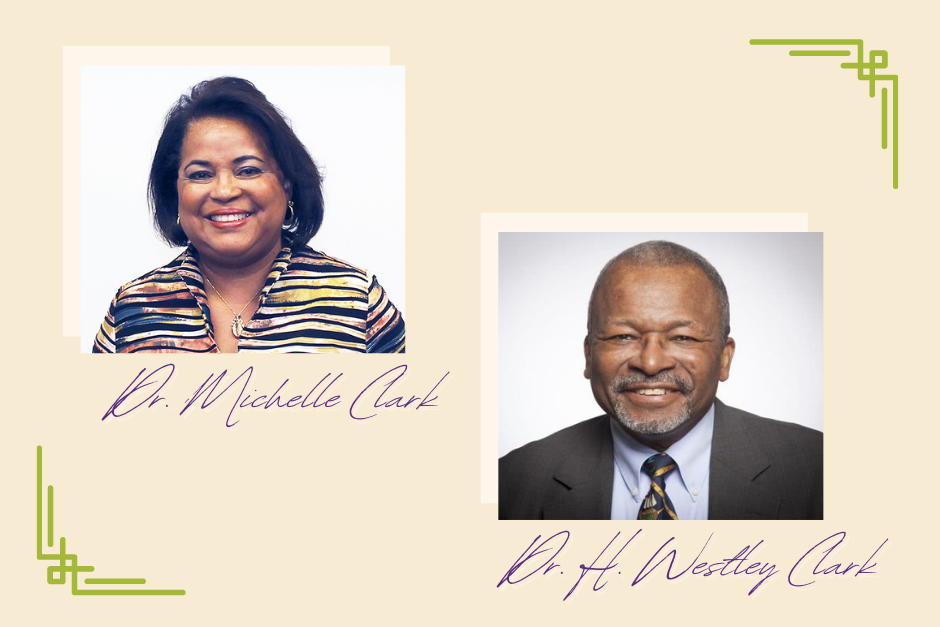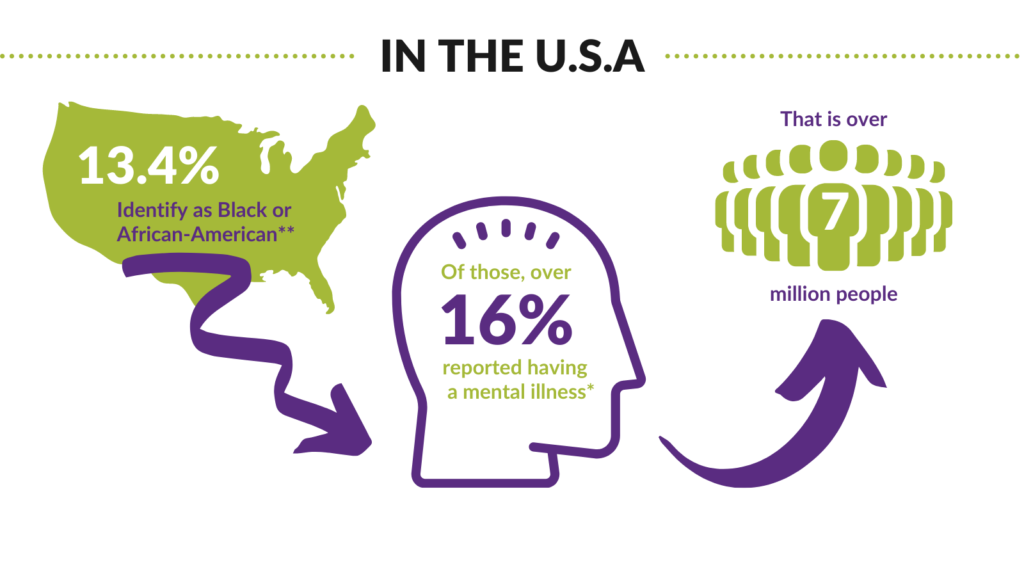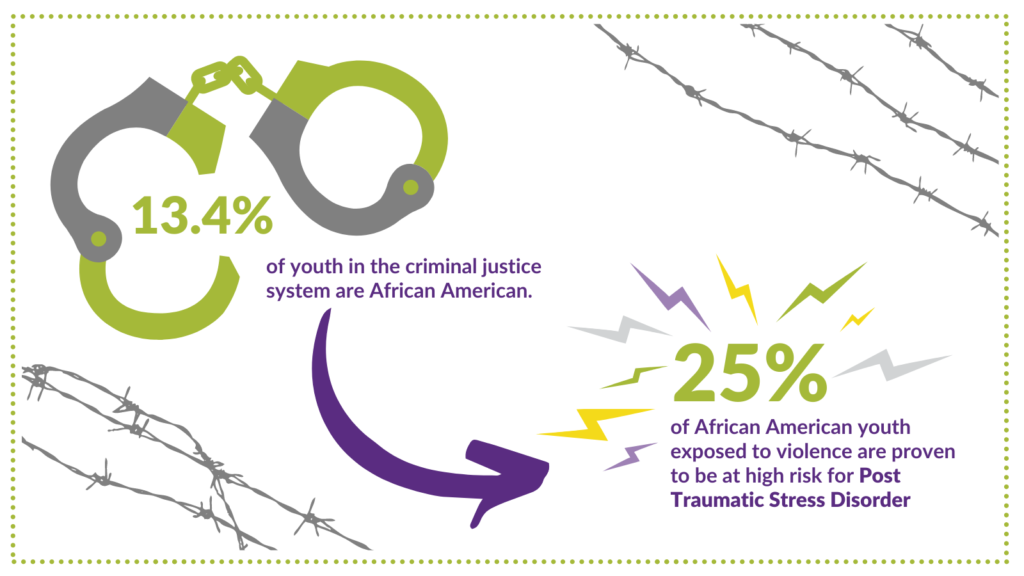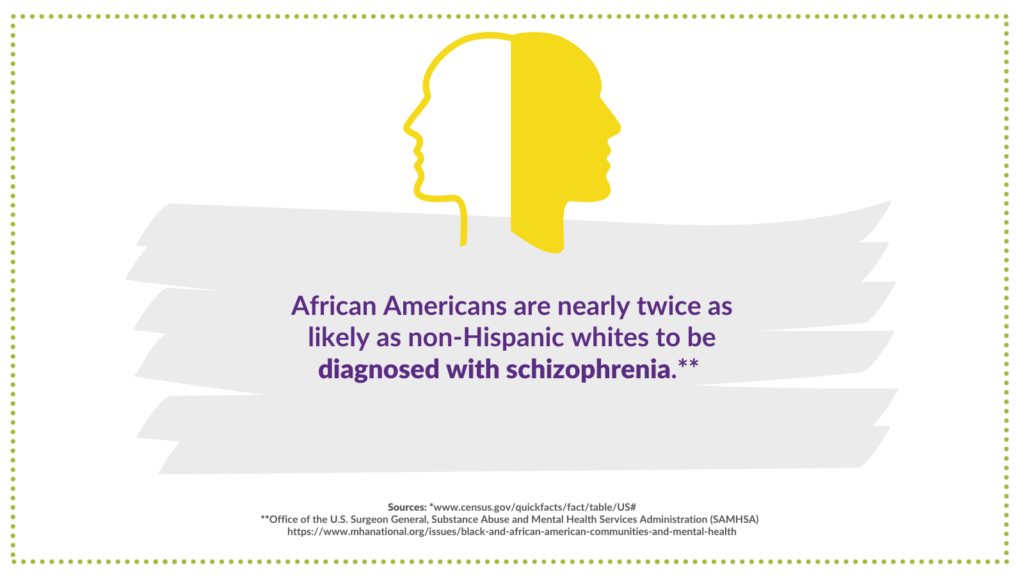It is time to think critically about the socio-historical context of what it means to be a Black American struggling with mental health. Trauma and violence towards black populations impact the emotional and mental health of youth and adults. And treatment disparity is real. Only 1 of 3 black adults who need mental health care, receive it*.

There are several barriers to mental health services for African Americans. Felton Institute’s Board of Directors and Chair of the Board’s Program Committee, Dr. Michelle Clark, weighs in. “The primary barrier is the stigma associated with mental illness. And the wariness of African Americans to venture outside of their communities for services. The availability of therapists trained and knowledgeable in cross-cultural psychology regardless of their cultural background is limited. And then there’s the history of experimenting with African Americans and the fear of psychiatric medications. Those are the things that continue to be a problem in terms of the African-American population getting their justice in terms of the treatment they need for very common disorders.”



In 2018, 11.5% percent of Black or African American individuals were uninsured, compared to 7.5% of the white counterparts, so access is also a problem. And because less than 2% of American Psychological Association members are Black or African American, some worry that mental health care practitioners are not culturally competent enough to treat their specific issues.
“People looking for a solution and not just a diagnosis.”
– Dr. H. Westley Clark
Public health professor and Felton Board Member, Dr. H Westley Clark adds, “There are these cultural dynamics in regards to the receipt of mental health and substance use services. The models employed are Euro-centric and therefore, not perceived as welcoming or accessible by communities of color. Then, there’s this umbrella theme of racism and America that also has to be dealt with because it becomes difficult to determine whether the presenting symptoms are classically mental illness or a reaction to some of the micro-aggressions towards the people of color experienced on a daily basis. There’s a lot of reluctance to engage in a system that compiles information that ultimately is used to your detriment.”
Felton Institute takes deliberate action to hire a diverse staff that reflects the populations it serves. Dr. Michelle Clark says, “In the very multi-cultural arenas and the counties that we serve in San Francisco and Alameda, staff training needs to be ongoing. It’s not a one-shot deal like others may think. You have to have some immersion and some soul searching to identify a lack of a consciousness to understand and have empathy.”
The complex needs of this population require coordination at multiple levels in order to address mental health. By example, Felton Institute’s social justice programs are designed to coordinate mental health care, navigation of the criminal justice system, and securing housing and employment. Partnerships with agencies at the city, county, and state-level are fostered to serve the clients best.

Efforts to improve mental health outcomes in the Black community must be rooted in the Black community. Dr. H. Westley Clark says, “Stigma and discrimination are things people of color face disproportionately. And what we need to be able to do is incentivize people to get help early on before things deteriorate further. Understand, we are not just dealing with individuals, you’re dealing with a family, the community and then the larger society. Yet we have an overwhelming reluctance within our healthcare delivery system to reach out to the community. The result is that we are somewhat alienated to the community and vice versa. Community-based organizations offer a unique opportunity to establish the on-the-ground, frontline relationships. This can be accomplished by engaging with institutions that interact at the community-based level, the faith-community, fraternal or social organizations. Then, that way we can make a difference. Felton’s programming has expanded but it hasn’t forgotten its roots.”
Continued community awareness and training with educators, activists, and leaders in the Black community will help dispel mental health myths and break down community-level barriers. As Felton Institute’s Justice Services programs continue to expand with the mission of transforming lives, success will come hand-in-hand with policymakers who support equity in mental health and justice services.
* American Psychiatric Association’s Mental Health facts for African Americans Guide
You may choose to give to Felton Institute today by visiting felton.org/donate to donate online.
About Felton Institute: Founded in 1889, Felton Institute responds to human needs by providing cutting edge, evidence-based mental health and social services that transform lives. Felton Institute is a tax-exempt organization registered 501(c)(3) nonprofit under EIN 94-1156530.
Offering more than 50 acclaimed and honored programs that address homelessness, mental health, prenatal, adolescent, adult, and senior needs, Felton Institute provides services in San Francisco, Alameda, San Mateo, Marin, and Monterey counties. Felton’s social services and programs utilize the latest scientific research, combining cultural sensitivity, deep respect for client and staff, and a commitment to social justice.
Felton is the oldest non-sectarian and nonprofit social services provider in the City and County of San Francisco. For over a century, Felton Institute has been at the forefront of social service innovation, pioneering new approaches to meet underserved populations’ emerging needs. At the heart of our work is the belief that individuals and families in crisis must have access to services and resources to help them build on their inherent strengths and develop self-sufficiency. www.felton.org